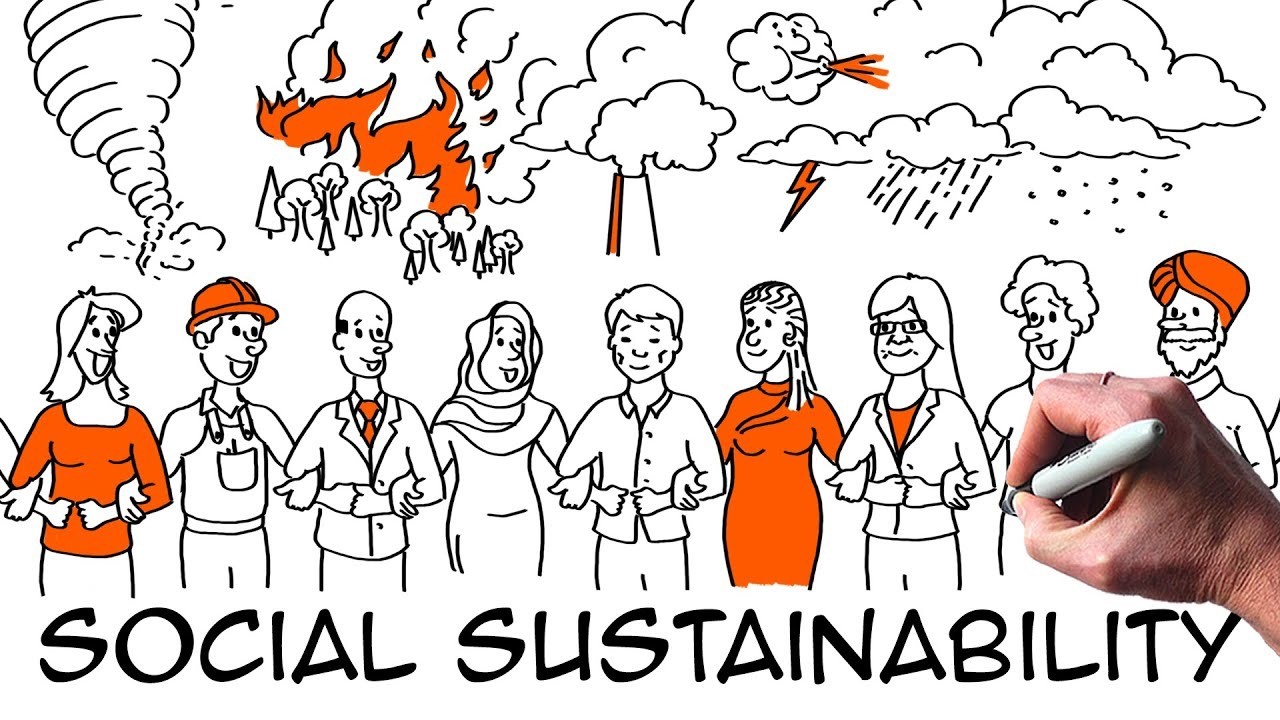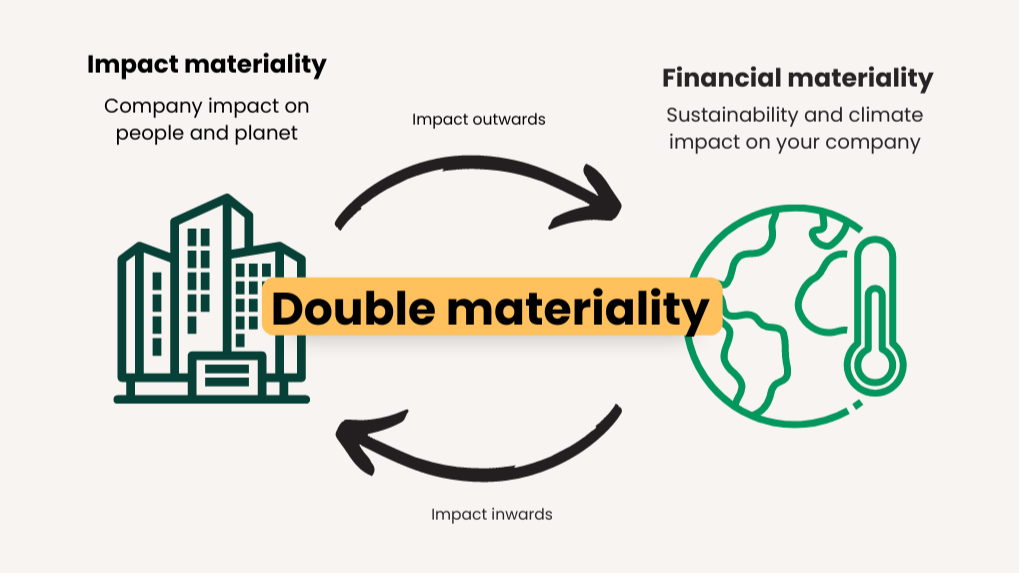Understanding Social Life Cycle Assessment (S-LCA)
In today’s interconnected world, businesses are increasingly realizing that sustainability isn’t just about environmental impact, it’s also about social responsibility. This is where Social Life Cycle Assessment (S-LCA) comes into play. As a key part of the broader Life Cycle Assessment (LCA) framework, S-LCA helps organizations evaluate the social and economic effects of their products and services throughout their life cycles.
With the recent release of ISO 14075, companies now have a clear set of guidelines for conducting Social Life Cycle Assessments, allowing them to align their practices with sustainable development goals. This standard adds a vital social perspective to traditional LCA methods, making it easier for organizations to meet global standards and contribute to the United Nations Sustainable Development Goals (SDGs). ISO 14075 provides practical strategies for conducting thorough social impact assessments, helping businesses make a positive difference in the communities they serve.
What is ISO 14075?
ISO 14075:2024 Principles and framework for social life cycle assessment is an international standard that provides a structured framework for the S-LCA of products. While traditional LCAs primarily assess environmental impacts, ISO 14075 addresses social aspects ranging from labor conditions and human rights to community impacts and societal well being throughout a product’s life cycle.
The framework dives deep into evaluating the social implications of raw materials extraction, production, transportation, use, and eventual disposal. Through ISO 14075, organizations can systematically measure both positive and negative social impacts attributed to their product systems. By following its guidelines, companies can align their processes more effectively with corporate social responsibility and sustainable business practices.
Understanding the Structure of ISO 14075
The framework outlines four key phases for conducting a Social Life Cycle Assessment:
- Goal and Scope Definition – Establishing the objectives and scope of the assessment is foundational. This involves pinpointing social issues such as labor equality, working conditions, and community well being that warrant evaluation. A clear scope helps direct subsequent stages of the S-LCA.
- Social Life Cycle Inventory Analysis (S-LCI) – In this phase, gather and quantify social data related to each stage of the product’s life cycle. This involves both qualitative and quantitative data collection, focusing on various social parameters like working hours, employee welfare, and community interactions.
- Social Life Cycle Impact Assessment (S-LCIA) – This stage involves understanding the magnitude and significance of the impacts identified in the inventory analysis. Recognizing key social hotspots units or processes that significantly affect human well being helps prioritize effective intervention strategies.
- Interpretation – A comprehensive interpretation of results facilitates informed strategy formulation by organizations, bringing to light actionable plans to enhance positive implications while mitigating potential adverse impacts.
ISO 14075 was established to address the growing need to assess social dimensions in product lifecycles. By offering a framework compliant with the United Nations Sustainable Development Goals, it guides organizations to account for social responsibility.
The Benefits of Implementing ISO 14075
Integrating ISO 14075 into your sustainability strategy yields numerous benefits,
- Alignment with UN SDGs – By incorporating social criteria into life cycle assessments, organizations can directly contribute to several SDGs, such as decent work, reduced inequalities, and responsible consumption.
- Managing Social Risks – ISO 14075 illuminates social risks, whether involving sub standard working conditions or disruptions within communities. By identifying these risks, organizations can proactively address and manage them to improve social outcomes.
- Strengthening Stakeholder Relationships – Commitment to transparent social assessments using ISO 14075 fosters trust and strengthens relationships with stakeholders, including employees, suppliers, and communities.
ISO 14075 is a game changing standard that enables companies to thoroughly evaluate and improve the social aspects of their product life cycles. By adopting ISO 14075, organizations can boost transparency, enhance engagement with stakeholders, and ensure alignment with important global initiatives like the Sustainable Development Goals.
Embracing social responsibility not only strengthens your company’s reputation but also positions it as a leader in sustainable practices. Start engaging with ISO 14075 today to make sustainability a key part of your business strategy, opening up pathways for ongoing success and responsible growth. With its comprehensive assessment approach, this standard empowers your organization to support communities, promote well-being, and lead the way in socially conscious operations.





Some leaders consider business and technology objectives interchangeable, allowing one to inform the other. Those that align their information technology systems with their overall business strategy have the best chances of achieving their short- and long-term objectives.